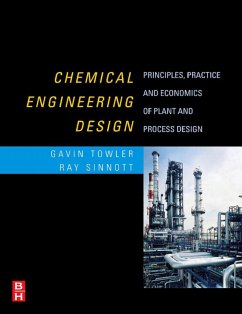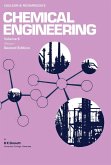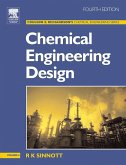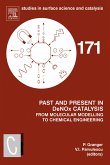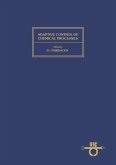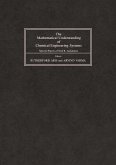--Extract from Chemical Engineering Resources review.
Chemical Engineering Design is one of the best-known and widely adopted texts available for students of chemical engineering. It deals with the application of chemical engineering principles to the design of chemical processes and equipment. Revised throughout, this US edition has been specifically developed for the US market. It covers the latest aspects of process design, operations, safety, loss prevention and equipment selection, among others. Comprehensive in coverage, exhaustive in detail, it is supported by extensive problems and a separate solutions manual for adopting tutors and lecturers. In addition, the book is widely used by professions as a day-to-day reference.
- Provides students with a text of unmatched relevance for the Senior Design Course and Introductory Chemical Engineering Courses
- Teaches commercial engineering tools for simulation and costing
- Comprehensive coverage of unit operations, design and economics Strong emphasis on HS&E issues, codes and standards, including API, ASME and ISA design codes and ANSI standards
- 108 realistic commercial design projects from diverse industries
Dieser Download kann aus rechtlichen Gründen nur mit Rechnungsadresse in A, B, BG, CY, CZ, D, DK, EW, E, FIN, F, GR, HR, H, IRL, I, LT, L, LR, M, NL, PL, P, R, S, SLO, SK ausgeliefert werden.

